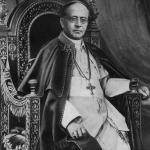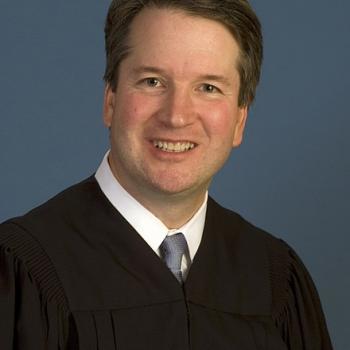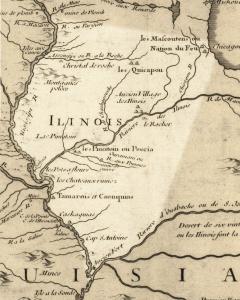Your humble servant has lately been posting in these pages [1] [2] [3] about right-to-work laws, and the Supreme Court case of Janus v. State, County, and Municipal Employees [4], and since Janus involved a public employee union, a question has arisen has arisen as to whether such unions should be considered differently than private sector unions in Catholic social teaching. I will make an attempt to address that question here.
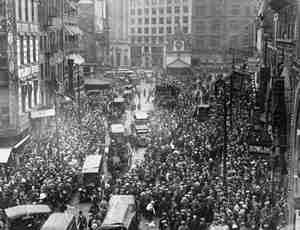
As is the wont here at Christian Democracy, we should proceed to examine the body of Catholic social teaching to see what distinctions are made between private and public sector unions in that source. But there is a problem. Catholic social teaching makes no such distinction. Rather, the “Magisterium recognizes the fundamental role played by labour unions, whose existence is connected with the right to form associations or unions to defend the vital interests of workers employed in the various professions,” (Compendium of the Social Doctrine of the Church, §305) [5], and this without any qualification based on who the employer might be. Moreover, public employees surely have vital interests to defend as much as their private counterparts. Since there is no distinction made between private and public labor unions in Catholic social teaching, any attempt to import one is illegitimate.
An objection may be made here that the Magisterium hasn’t addressed the issue, so the question remains open. But public employee unions have been around, in the United States at least, since the late 19th century. [6] The Magisterium has had ample opportunity to address the issue. This, of course, doesn’t mean that the Magisterium couldn’t do so in the future. But the fact that the distinction hasn’t been made in all of this time, and the further fact that labor unions in general have received magisterial support on numerous occasions, does mean that any argument that public sector unions should be distinguished in Catholic teaching rests on a shaky foundation, at best. We are certainly not entitled to presume that Catholic teaching contains such a distinction. Logically, magisterial teaching on labor unions includes all unions, including those representing public employees; and it is never a safe bet to abandon logic when interpreting Catholic teaching.
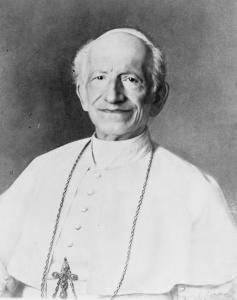 Because Janus involved a public sector union, there was a First Amendment component to the case that wouldn’t necessarily be present in one involving unions in the private sector. The Court ruled that Janus being required to support an organization he disagreed with, even in the form of a reduced agency fee, violated his free speech rights. Even if this was a sound interpretation of the First Amendment (an opinion not at all unanimous), we must brave the headwinds and point out that the First Amendment is a provision of a secular document, not Church teaching. As secularly sacred as the First Amendment is in the United States, with respect to freedom of expression anyway, it cannot be cited for the purpose of explaining what Catholic social teaching contains.
Because Janus involved a public sector union, there was a First Amendment component to the case that wouldn’t necessarily be present in one involving unions in the private sector. The Court ruled that Janus being required to support an organization he disagreed with, even in the form of a reduced agency fee, violated his free speech rights. Even if this was a sound interpretation of the First Amendment (an opinion not at all unanimous), we must brave the headwinds and point out that the First Amendment is a provision of a secular document, not Church teaching. As secularly sacred as the First Amendment is in the United States, with respect to freedom of expression anyway, it cannot be cited for the purpose of explaining what Catholic social teaching contains.
Another point that has been made in favor of distinguishing public sector unions is that the ultimate employers of public employees are the taxpayers, who have an interest in keeping public expenses down. But this actually militates against the argument that public employee unions should be considered differently. The taxpayers have the same economic interest in keeping compensation as low as possible as do stockholders. But there is no more justice in the taxpayers being unconscionable employers than those of the private sector. Thus, public employees have the same reason to collectively organize as do those who work for private employers. That is, if we’re going to apply Catholic social teaching to the question.
The icon of St. Joseph the Worker is by Daniel Nichols.
Listen to Christian Democracy on live internet radio on Tuesdays at 10:30 p.m. Eastern time at WCAT Radio here, or listen to the podcast here on the Christian Democracy Patheos blog.
Please go like Christian Democracy on Facebook here. Join the discussion on Catholic social teaching here.

